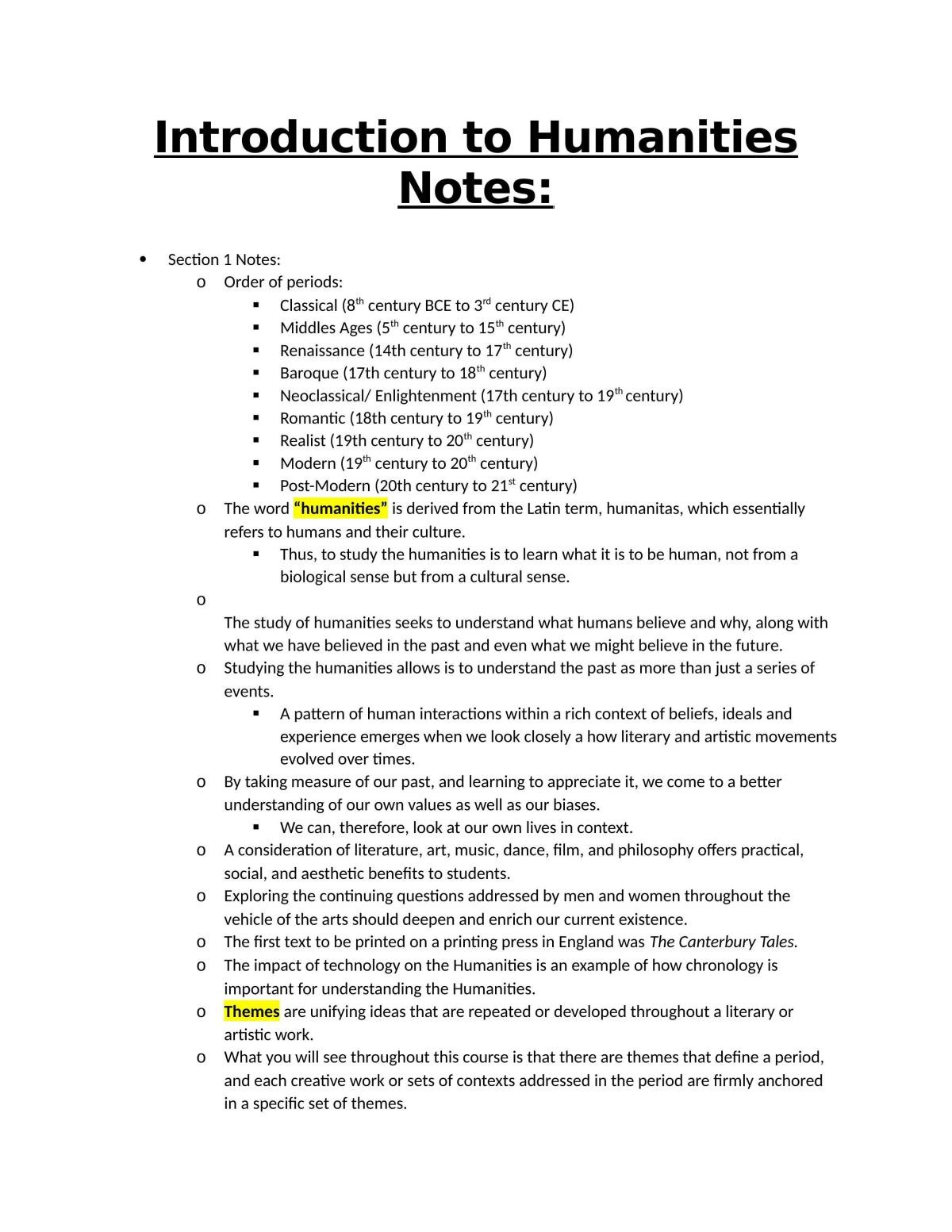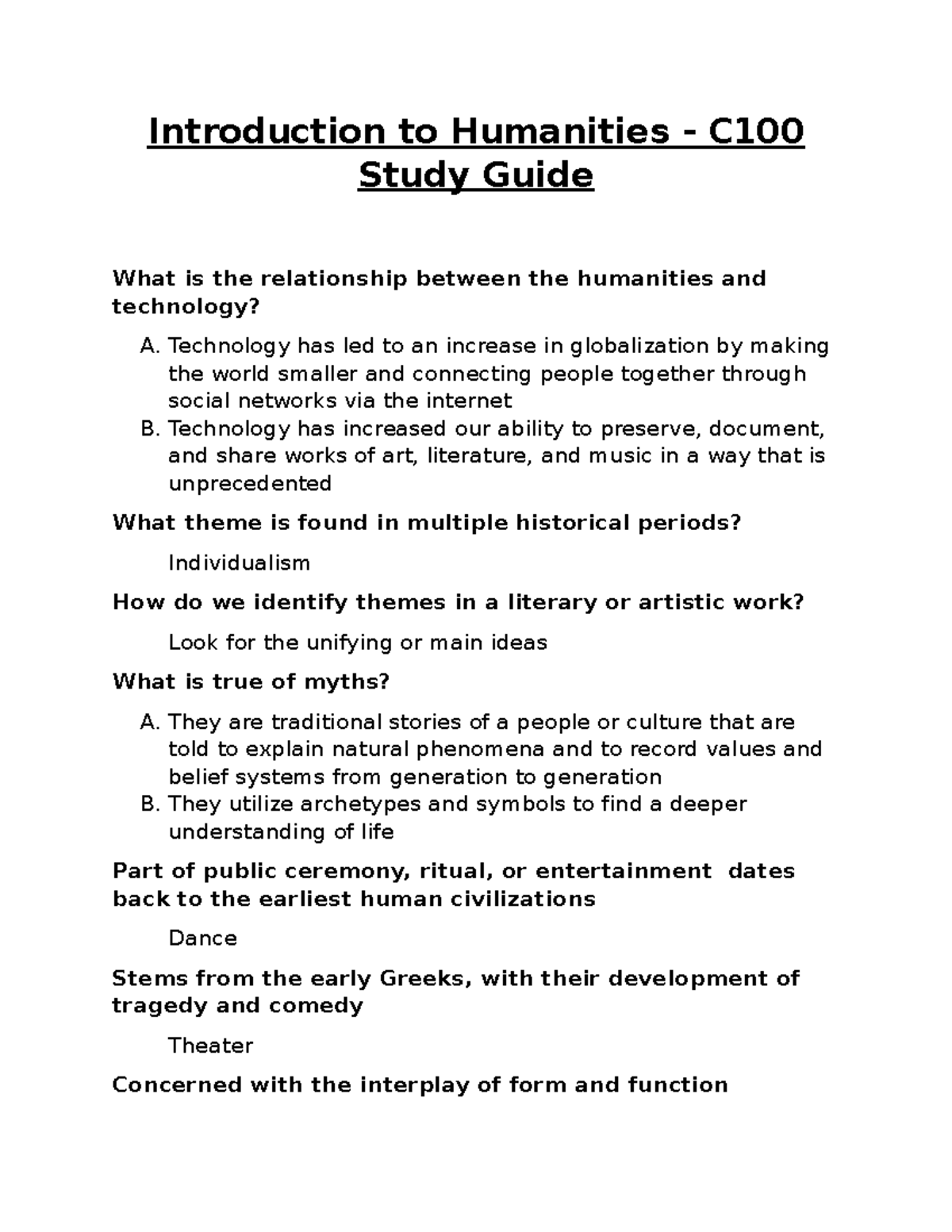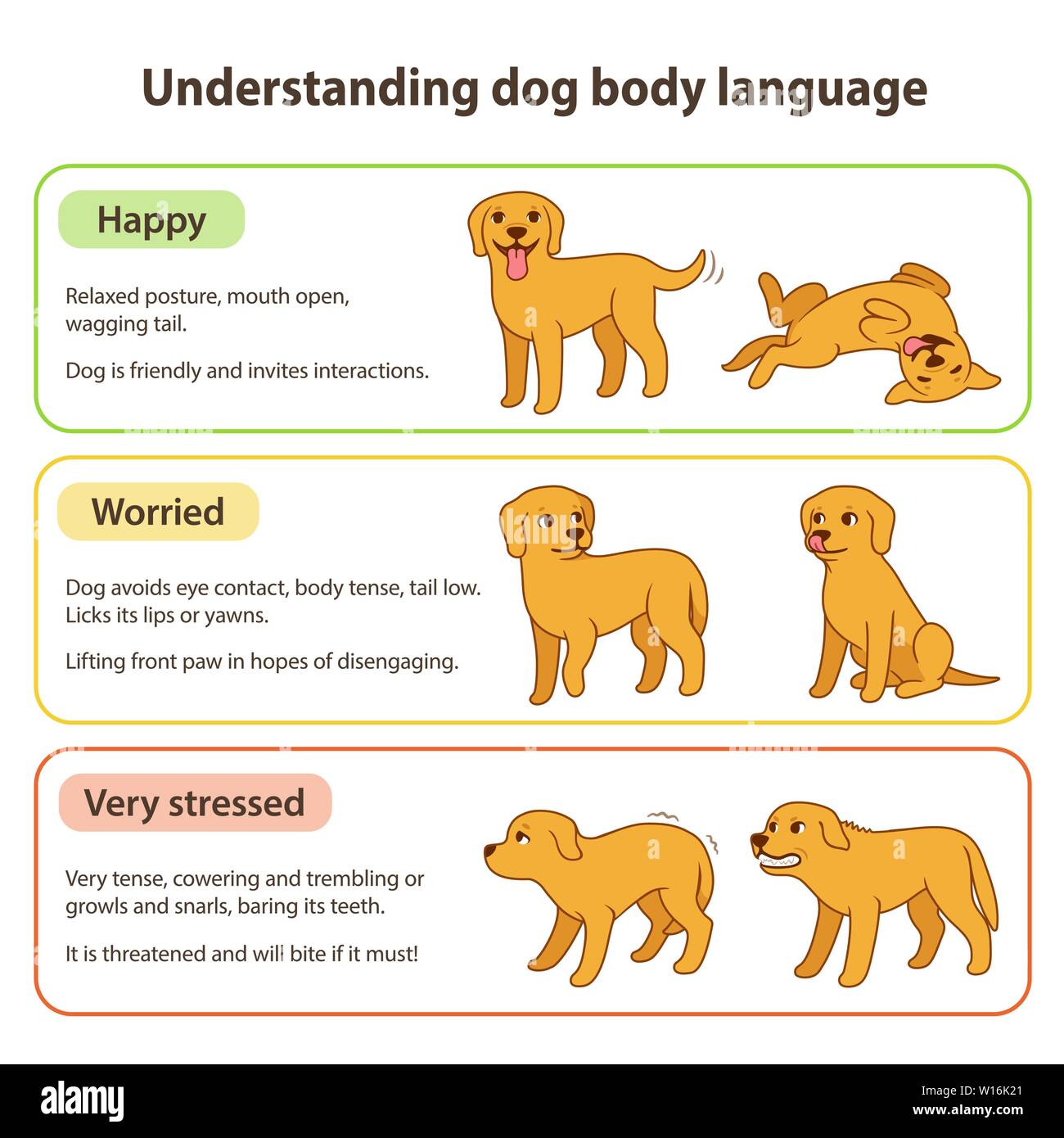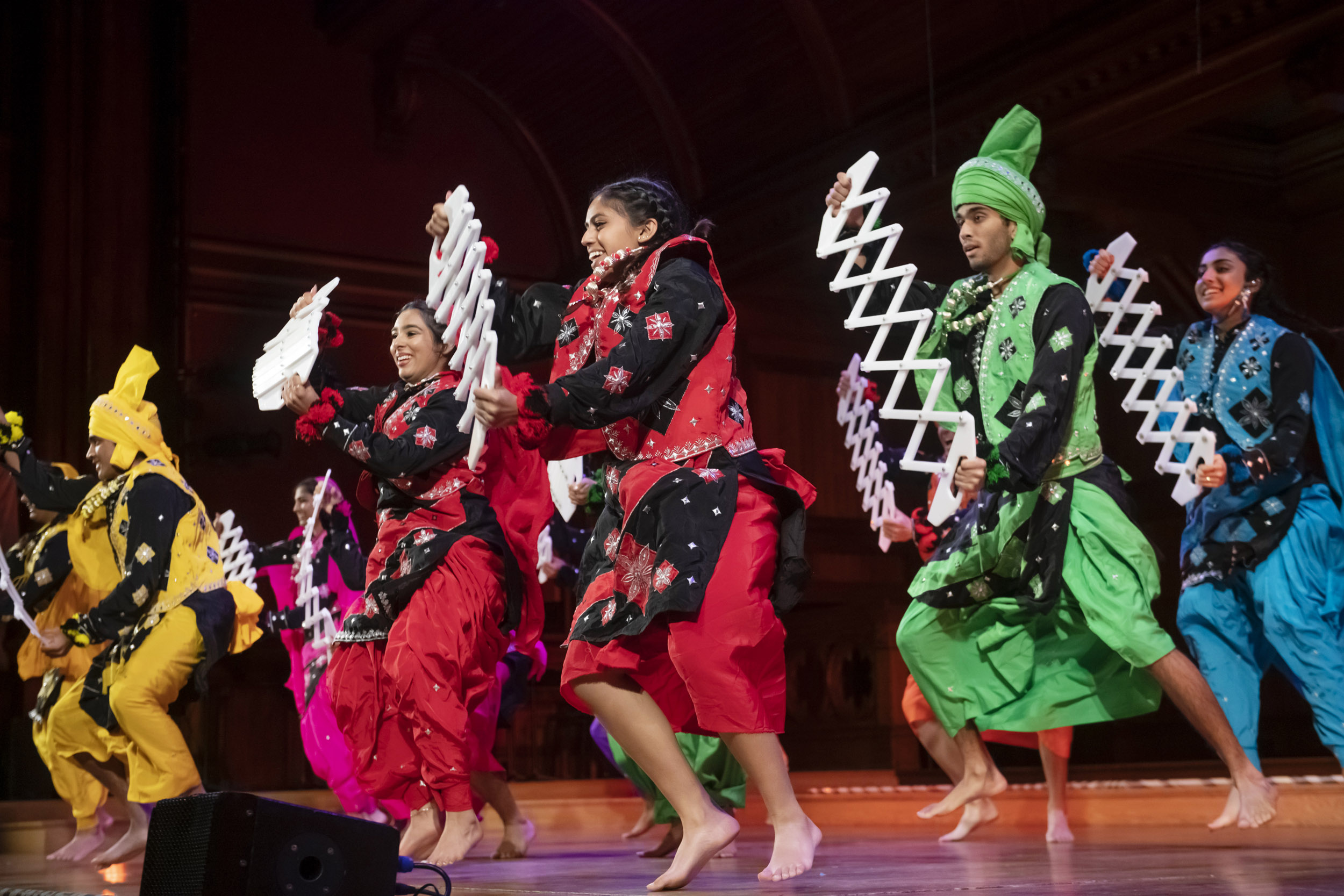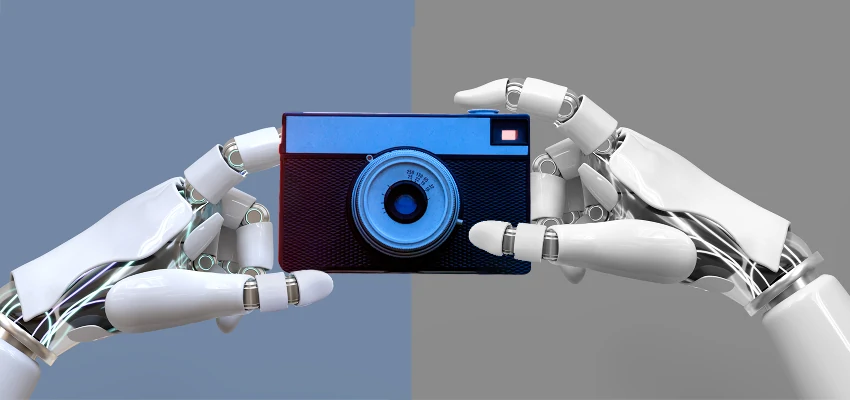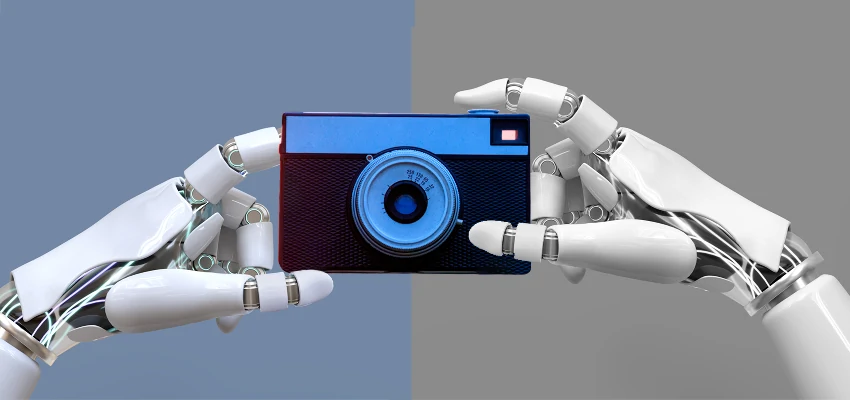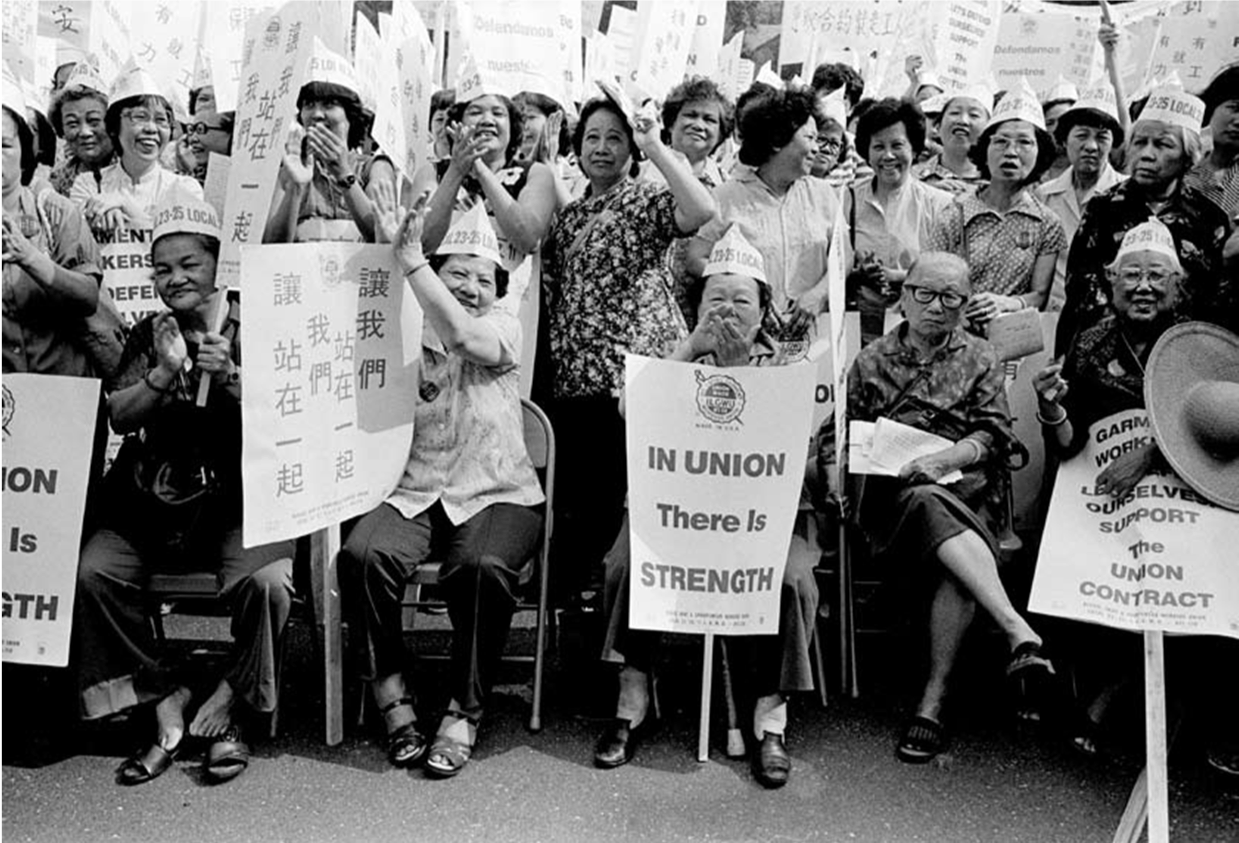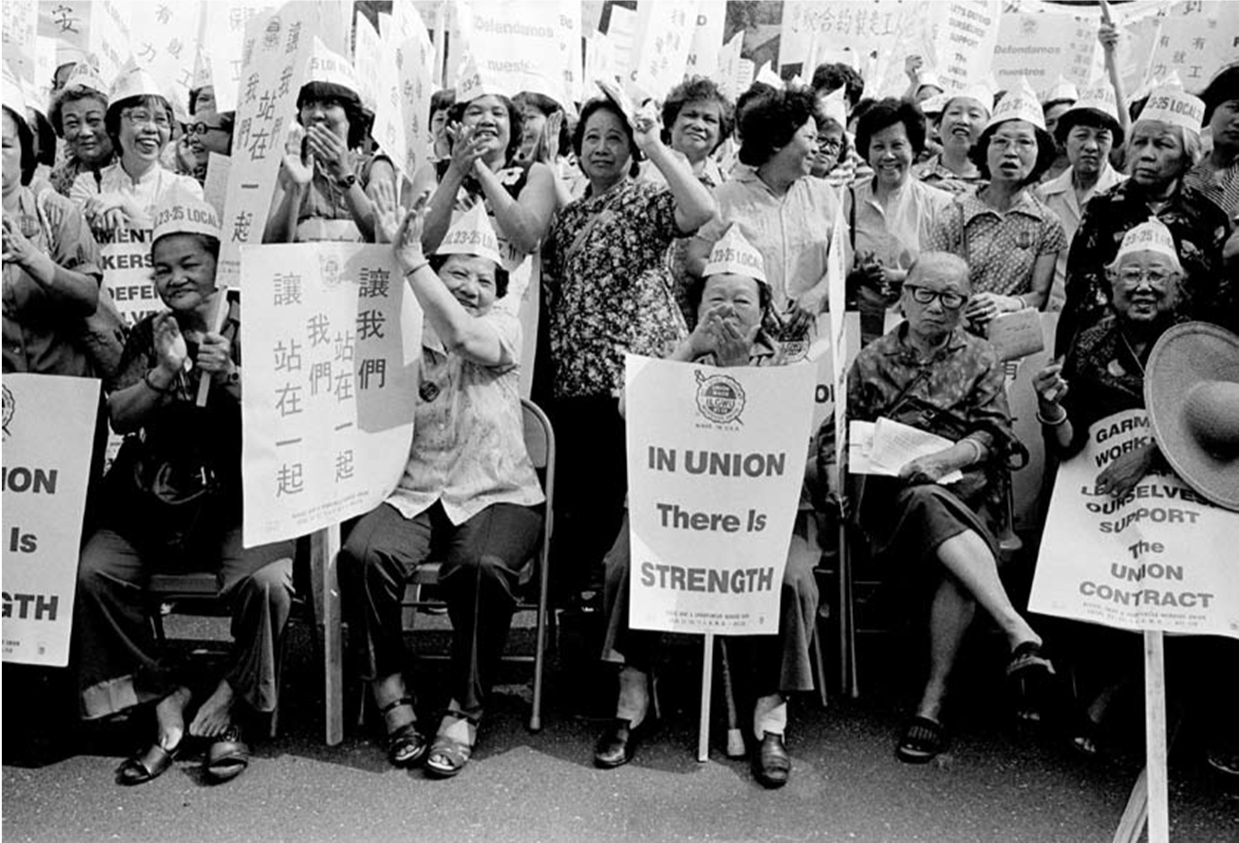An introduction to humanities serves as a vital gateway for students embarking on their academic journey. In this foundational pillar of education, introductory humanities courses play a crucial role in engaging first-year students with the rich tapestry of human culture, history, and expression. At institutions like Harvard, innovative arts and humanities initiatives are being developed to revitalize student interest and enrollment in these essential fields. By providing transformative education in arts, these programs aim to inspire a new generation to appreciate the depth and significance of humanities studies. As Dean Sean Kelly emphasizes, understanding the intrinsic value of these disciplines can shape not just scholars but also empathetic citizens who grasp the complexities of the human experience.
Exploring the liberal arts and cultural studies begins with an engaging introduction to humanities. This academic field invites students to delve into the creative and intellectual achievements of humanity, fostering critical thinking and cultural awareness. By offering a fresh approach to introductory courses, universities are revitalizing the liberal arts landscape to attract more students. This educational shift not only emphasizes the transformative potential of arts education but also redefines how students perceive their role within the broader cultural narrative. Understanding the significance of these subjects encourages learners to engage deeply with the stories and philosophies that shape our world.
Introduction to Humanities: Engaging First-Year Students at Harvard
Introduction to humanities courses serves as a crucial entry point for students beginning their academic journeys. At Harvard, this initiative is specifically designed to cater to first-year students who may find traditional introductions unappealing or vague. The restructured courses aim to captivate their interest by allowing them to explore critical questions about humanity, culture, and creativity. By integrating contemporary themes and relatable subjects, the hope is to transform student perceptions and reinvigorate interest in the arts and humanities.
For instance, the new offerings will provide frameworks for students to connect their personal experiences to broader philosophical concepts. In addressing topics like migration, technology, and health, courses like ‘Introduction to the Medical and Health Humanities’ and ‘Migration and Border Crossing in Film and Photography’ will ensure that students grasp the relevance of humanities in addressing real-world issues. Therefore, the introduction to humanities at Harvard is crafted not just to build knowledge, but to establish a significant dialogue about human experiences.
Transformative Education in Arts and Humanities
Transformative education in the arts and humanities goes beyond merely imparting knowledge; it aims to reshape students’ perspectives of the world. The Dean of Arts and Humanities at Harvard, Sean Kelly, emphasizes this through the introduction of new foundational courses. By inviting questions that resonate deeply with students’ lives, these courses will provide meaningful insights into what it means to be human in a constantly evolving society. The goal is to foster an environment where students can appreciate the intrinsic value of the humanities, recognizing their role in personal and intellectual development.
Moreover, courses that bridge critical analysis with creative expression illustrate how transformative education can cultivate both analytical and imaginative skills. Through unique offerings like ‘Reading for Fiction Writers’ that interweave literary criticism with creative writing, students are encouraged to engage deeply with texts, enhancing their skills in both reading and writing. This holistic approach not only nurtures talent but also prepares students for diverse career paths, making the study of arts and humanities a transformative experience.
Innovative Introductory Humanities Courses
The introduction of innovative introductory humanities courses is a response to the declining interest in arts and humanities disciplines. At Harvard, the decision to launch nine new courses illustrates a commitment to revitalizing this field of study, aiming to capture the curiosity of first-year students. These courses are structured around themes that resonate with contemporary social issues, allowing students to engage with the subjects in a meaningful way. For instance, ‘Bob Dylan the Classic’ uniquely frames musical art in the context of literary analysis, potentially attracting students with diverse interests.
Additionally, these innovative courses provide faculty with the opportunity to experiment with interdisciplinary approaches, creating a richer academic tapestry. By promoting collaboration among various departments and disciplines, students are not only exposed to a breadth of knowledge but also encouraged to make connections across fields. This new model of introductory courses promises to make the humanities more accessible and relevant, ideally reversing the trend of declining enrollment.
Strengthening the Appeal of Arts and Humanities Initiatives
Strengthening the appeal of arts and humanities initiatives is essential in reversing the trend of declining enrollment in these fields. Programs designed by Sean Kelly and experienced faculty are focused on revitalizing interest through innovative course offerings that captivate first-year students’ attentions. Engaging topics, from the medical humanities to cultural studies, will address the pressing issues that students encounter in their daily lives, fostering a genuine connection to the material.
Moreover, the initiative to blend traditional humanities education with modern relevance not only draws students in but also encourages them to pursue deeper studies beyond their introductory courses. By showcasing the breadth of applications for arts and humanities—such as critical thinking, empathy, and cultural awareness—these initiatives aim to enrich the student experience while providing valuable life skills. Thus, the endeavor to bolster the appeal of arts and humanities continues to be a dynamic and essential aspect of Harvard’s educational mission.
The Role of Creative Writing in Humanities Education
Creative writing plays a crucial role in humanities education by fostering imagination and encouraging self-expression among students. As seen in courses like ‘Reading for Fiction Writers,’ students are engaged in a dual process of reading and creating literature. This duality enhances their understanding of narrative structure and character development while allowing their unique voices to emerge. Such courses are vital in developing crucial skills in literary analysis and expression, which are equally applicable to various fields.
Furthermore, creative writing nurtures empathy, a foundational trait in understanding complex human experiences. By crafting narratives and exploring diverse perspectives, students learn to engage with others’ stories, deepening their appreciation for the human condition. This emphasis on creative expression not only broadens students’ horizons within the humanities but also instills confidence in their abilities as communicators and thinkers, essential in today’s multifaceted world.
Exploring Migration and Cultural Intersections
Courses that explore migration and cultural intersections, such as ‘Migration and Border Crossing in Film and Photography,’ are timely additions to the humanities curriculum. These subjects reflect ongoing global discussions about identity, belonging, and cultural exchange, making them relevant to a diverse student body. By examining how these themes manifest in art and literature, students can cultivate a nuanced understanding of the complexities involved in cultural narratives.
Furthermore, addressing migration and borders through an artistic lens fosters critical discussions about power dynamics, representation, and the human experience. This exploration encourages students to draw connections between historical and contemporary events, enriching their educational journey and cultivating an informed citizenry. Through these initiatives, humanities courses aim to prepare students not only academically but also socially, equipping them to navigate and contribute to an increasingly interconnected world.
Philosophy’s Impact on Understanding Humanity
The impact of philosophy on understanding humanity is undeniable, particularly as students engage with fundamental questions about existence, ethics, and knowledge. Harvard’s philosophy department has seen a significant increase in enrollments due to its focus on undergraduates’ engagement with these critical issues. Introductory courses that tackle philosophical texts and themes allow students to explore profound inquiries, ultimately enabling them to frame their personal beliefs and values.
Courses such as ‘Sex, Love, and Friendship’ open avenues for discussions around interpersonal relationships and moral dilemmas, underscoring the relevance of philosophical thought in everyday life. This engagement not only enriches students’ understanding of themselves and others but also equips them with essential analytical skills applicable across various aspects of life. Therefore, philosophy’s role in the humanities is integral to fostering a comprehensive worldview.
Literary Theory: A Gateway to Critical Thinking
Literary theory education serves as a gateway to developing critical thinking skills in students. Courses designed to introduce theoretical frameworks encourage students to question and analyze texts beyond surface-level interpretations. Initiatives at Harvard are focusing on integrating literary theory with practical reading and writing processes, allowing students to engage critically with literature while nurturing their analytical abilities.
By examining various theoretical lenses—such as feminist theory, postcolonial theory, and structuralism—students are encouraged to consider different perspectives and contexts. This enhanced analytical toolkit not only benefits their understanding of literature but also prepares them for challenges in any profession requiring critical thinking and effective communication, reinforcing the importance of literary studies within the broader humanities framework.
Fostering a Community of Humanities Scholars
Creating a thriving community of humanities scholars is essential for fostering student engagement and enthusiasm. At Harvard, the effort to connect students with faculty and peers through introductory courses is a strategic move to build a strong and supportive environment. This collaborative atmosphere allows students to explore their interests in arts and humanities alongside like-minded individuals, encouraging intellectual discourse and collaboration.
Additionally, establishing community through shared experiences in the classroom strengthens the collective identity of humanities scholars. Programs that promote discussion, peer feedback, and collaborative projects help students feel more connected to their studies and each other. This sense of belonging is vital in maintaining interest in humanities, emphasizing that these fields are not just academic pursuits, but rich ecosystems of thought, creativity, and intercultural understanding.
Frequently Asked Questions
What are the key features of introductory humanities courses at Harvard?
Introductory humanities courses at Harvard are designed to engage first-year students through innovative and varied topics. Initiatives led by Dean Sean Kelly aim to revitalize the curriculum, emphasizing the intrinsic value of the arts and humanities. Nine new courses launching include subjects like ‘Medical and Health Humanities’ and ‘Migration and Border Crossing in Film and Photography’, which strive to connect students with pivotal human experiences and ideas.
How do introductory humanities courses address declining enrollment in the arts?
In response to declining enrollment, Harvard’s arts and humanities initiative, spearheaded by Dean Sean Kelly, seeks to engage first-year students through redesigned introductory courses. By focusing on compelling and relatable subjects, these courses aim to capture students’ interests and encourage them to explore the importance of humanities in understanding the human experience.
What transformative education opportunities are available in Harvard’s humanities programs?
Harvard’s humanities programs offer transformative education through innovative introductory courses that challenge students to think deeply about fundamental human questions. Courses like ‘Kant’s Critique of Pure Reason’ or ‘Humanity, Technology, and Creation’ engage students in critical discussions, enhancing their understanding of literature, philosophy, and cultural studies, thereby fostering a lifelong appreciation for the arts and humanities.
How are faculty adapting introductory humanities courses to engage students better?
Faculty at Harvard are rethinking introductory humanities courses by integrating diverse texts and contemporary issues. They aim to create curriculum that resonates with students and reflects their experiences, as seen in courses like ‘Reading for Fiction Writers’ and ‘Culture in Context’. Through these adaptations, instructors hope to illustrate the relevance and vibrancy of the arts and humanities in today’s world.
What role do arts and humanities initiatives play in Harvard’s curriculum?
Arts and humanities initiatives play a crucial role in Harvard’s curriculum by enhancing the introductory courses offered to first-year students. These initiatives aim to combat declining interest in humanities subjects by providing engaging and meaningful course content that highlights the intrinsic value of arts and culture, ultimately enriching students’ educational experiences.
Why is the introductory humanities curriculum important for first-year students?
The introductory humanities curriculum is vital for first-year students as it serves as an essential foundation for understanding complex human experiences and cultural narratives. Engaging with topics that highlight the significance of literature, philosophy, and the arts encourages students to critically reflect on their place in the world, fostering an appreciation for the humanities that can shape their academic and personal lives.
| Key Points | Details |
|---|---|
| Initiative Launch | Nine new introductory courses in the Arts and Humanities to engage first-year students. |
| Rationale for Change | Declining enrollment in humanities subjects attributed to lack of high school emphasis and poorly engaging introductory courses. |
| Engaging Course Examples | Courses such as ‘Introduction to the Medical and Health Humanities’ and ‘Bob Dylan the Classic’ are designed to draw interest. |
| Philosophy Department Model | The Philosophy Department increased concentrators by focusing on engaging curricular themes. |
| Course Objectives | Courses aim to provide cultural insights and reflection on human experiences through literary and philosophical studies. |
| Intrinsic Value of Humanities | Courses emphasize the importance of studying great literature and philosophy for personal growth beyond utilitarian value. |
Summary
The introduction to humanities is an essential area of study that not only enriches students’ understanding of art and culture but also fosters critical thinking and self-reflection. By offering innovative and engaging introductory courses, institutions aim to ignite a strong interest in the humanities among first-year students. This initiative recognizes the need for a revitalized approach to addressing the declining enrollment in these fields, ensuring that students appreciate the intrinsic value of the humanities as they navigate their academic journey.

